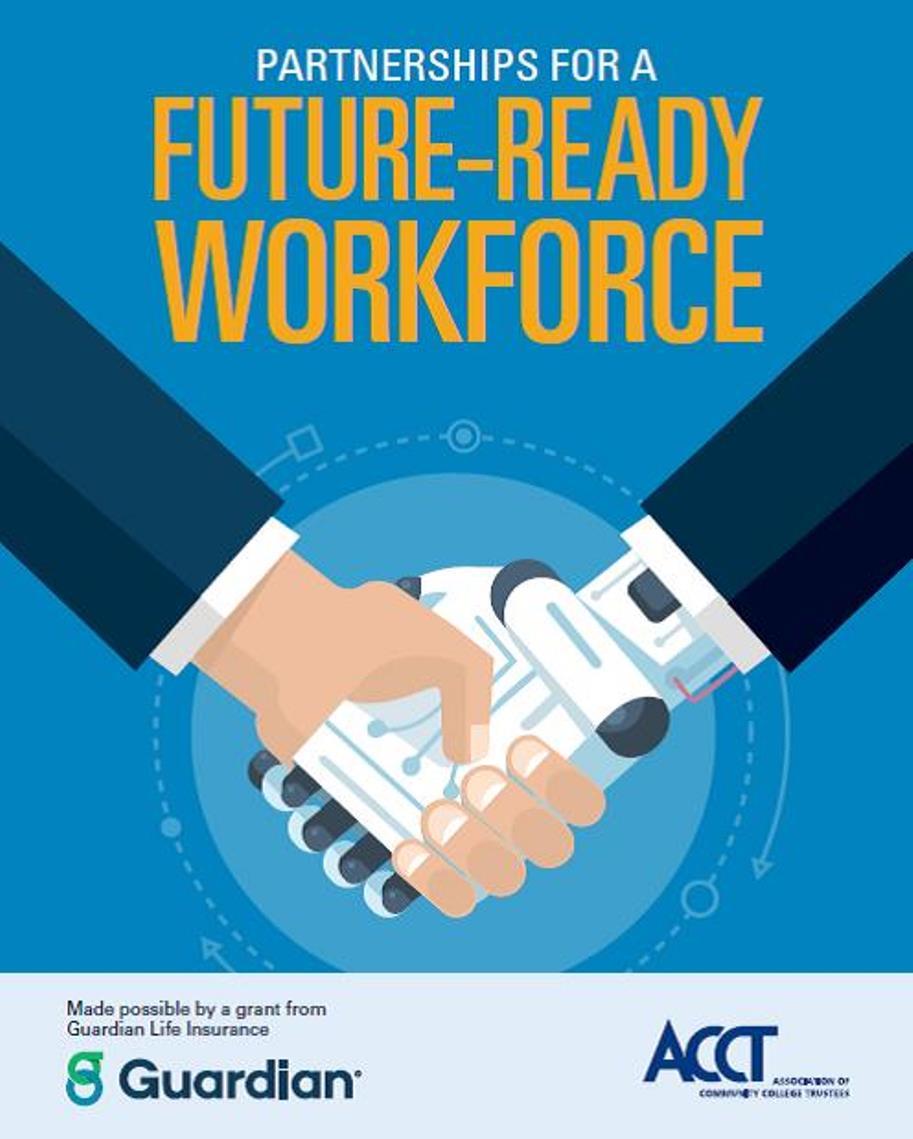This report details how community colleges and businesses can form strong partnerships, national employment trends and postsecondary attainment, and policies & practices that form a continuum of education and career training. The report also highlights five examples of innovative postsecondary education and workforce development initiatives from South Carolina; Washington; Miami-Dade County, Florida; Maricopa County, Arizona; and Maryland.
Major takeaways from the report include:
- Developing partnerships with businesses is a cornerstone of the community college model. Community colleges and businesses must work together to assess the capabilities and skills of students and existing employees; identify career opportunities and the necessary skills; and implement strategies to align individuals’ skills with business needs.
- In today’s labor market, employers increasingly seek trained individuals with a postsecondary degree or credential, and seek to meet new business needs resulting from the increased use of digital technologies and automation. Community colleges and businesses have an opportunity to provide a continuum of learning opportunities for students including academic programs, work-based learning, and employer-based training.
- There is a strong imperative for community colleges and businesses to collaborate; however, in the current policy environment both sectors face limited resources for developing partnerships. Funding has been limited by state-level disinvestment in postsecondary education and large federal cuts to career training programs, including designated grant funds for developing partnerships between community colleges and businesses. Many community college students and existing employees also face financial barriers to cover the full cost of college attendance and have limited financial aid options for career training.
Download the executive summary (PDF)
Download the full report (PDF)
